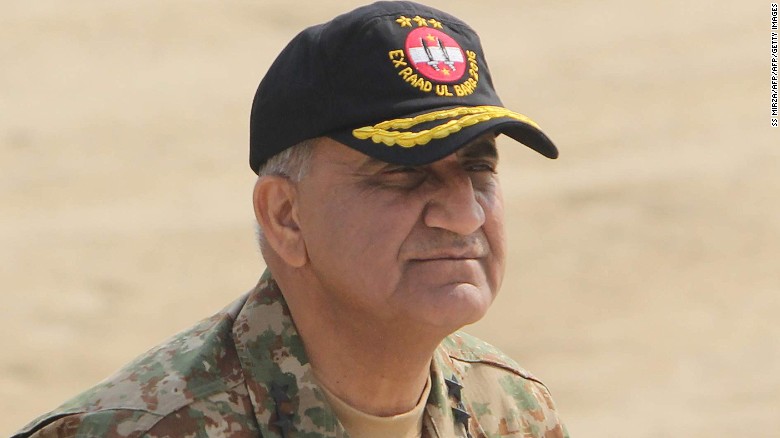What challenges are facing Pakistan's new army chief?
Pakistan has named a new army chief as the country faces a host of complex issues, from potential war with India, terrorism, and Donald Trump.
Lt. Gen. Qamar Javed Bajwa will succeed popular Gen. Raheel Sharif this week, as Sharif steps down after three years in the country's top military role.
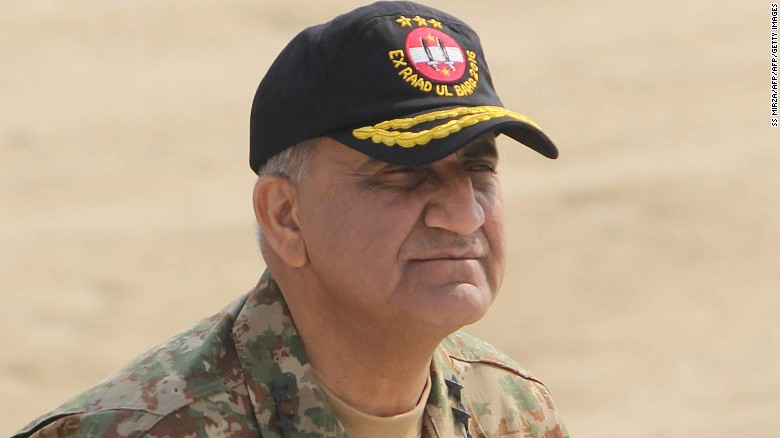
Lt. Gen. Qamar Javed Bajwa attends a military exercise on the Indian border in Bahawalpur district on November 16.
While Sharif is credited with improving the country's security in recent years, the 51-year-old Bajwa will still inherit a host of thorny issues.
Kashmir
Thousands of people in Pakistani-controlled Kashmir have been forced to flee their homes in recent weeks amid increasing violence along the border with India.
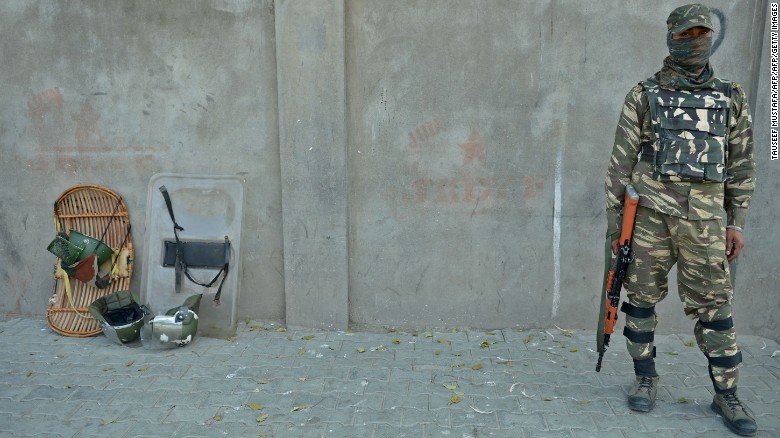
Tensions flare between nuclear neighbors
India and Pakistan have been fighting over Kashmir for almost seven decades, but tensions have reached a boiling point this year, after armed militants attacked an Indian army base and two Pakistani soldiers were killed in clashes with Indian troops.
Last week, cross-border shelling hit a passenger bus and killed at least nine people in Pakistani-administered Kashmir, in what Prime Minister Muhammed Nawaz Sharif described as "naked aggression."
Rhetoric on both sides of the border has sparked concern that the two countries could go to war.
Tensions with India are a "major challenge that the military and country faces," retired Lt. Gen. Talat Masood told CNN.
Nevertheless, Bajwa's appointment provides Indian Prime Minister Narendra Modi an opportunity to "recalibrate and reset (India's) policy towards Kashmir and Pakistan," Masood said.
Rifaat Hussain, a professor of public policy at Pakistan's National University of Science and Technology, said Bajra has "extensive experience of handling Kashmir."
"He comes to this job battle hardened, well-versed with Kashmir," he said. "That is going to be the main focus."
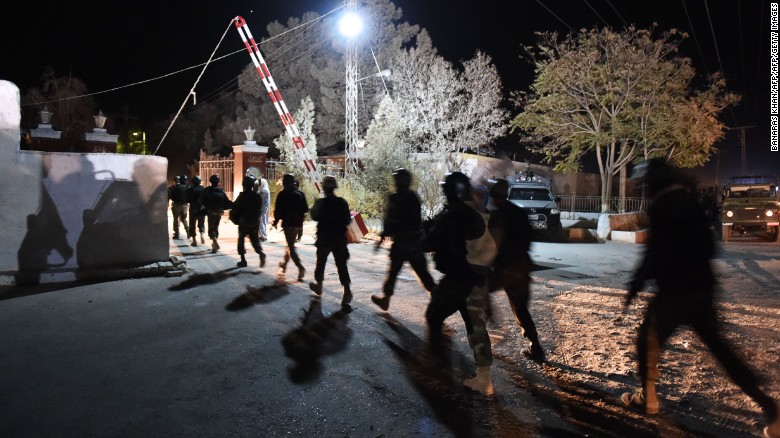
Attack on Pakistan police academy kills 61
Terrorism
Despite the increased tensions with India, Pakistani newspaper Dawn reported that Bajwa "is said to consider extremism a bigger threat for the country."
The country has suffered a number of major terrorist attacks this year, including a bombing in Lahore over Easter that left more than 70 people dead and hundreds injured.
That attack was carried out by a splinter group of the Pakistani Taliban, or TTP, which itself has been responsible for a number of horrific attacks.
"Although the situation has improved in relative terms ... the fight is not over," Masood said. "This needs serious attention."
Ensuring that "violent and extremist forces in the country are marginalized" will be a major challenge facing Bajwa, according to Hussain.
CPEC
Related to the terrorism issue is the matter of security for projects related to the China-Pakistan economic corridor, or CPEC, a key development project worth billions to Pakistan.
Projects in southwestern Balochistan province have been targeted by terrorists. Last month, suicide bombers killed more than 60 people and injured 110 more.
"The army is very clear in its aim to go out of its way to ensure the safety of Chinese workers and quash any rebel and militant attacks," said Hussain.
"The military is a vital stakeholder in the implementation of CPEC."
Islamabad

Bollywood director: No more Pakistani talent
In a country that has experienced three coups and spent decades under military rule, the relationship between the army and the government will always be a slightly tense one.
Current Prime Minister Sharif was himself ousted in a coup in 1999 during his second stint in power. He was re-elected in 2013.
"Bajwa is likely to give more space to the civilian (government) than his predecessor," Masood said. "He realizes that it is important for Pakistan's civilian government to assert itself on an international scale for the good of the country as a whole."
Hussain pointed out that Sharif has found himself in the unique position of choosing five of the country's top military commanders, including Pervez Musharraf, the general who led the 1999 coup.
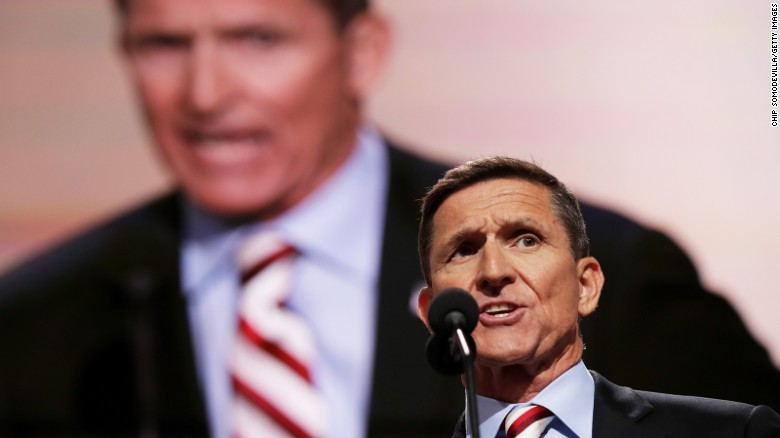
Flynn's views a departure from US policy
Trump
One major factor Bajwa will have to deal with that his predecessor did not, is Donald Trump.
The US President-elect has said his administration will be "best friends" with India, a remark that sparked slight consternation in Pakistan, though a key adviser to Sharif said Islamabad was unconcerned.
Trump's national security adviser Michael Flynn is another matter. He has previously called for the US to overthrow regimes that are "Islamic republics," which could be taken to include Pakistan.
"Pakistan-American military relations to a great extent will depend on the situation in Afghanistan," military analyst Hasan Askari Rizvi said.
Trump has cited Pakistan's nuclear arsenal as a reason to keep US troops in Afghanistan. But analysts said that if US-Pakistan relations are to stay strong, counter-terror efforts inside Pakistan will have to increase.
"The American government complains that Pakistan is not dealing with militant groups within its borders," said Rizvi.
Such groups "have been a bone of contention for relations between Pakistan and the United States," Masood said.
News Courtesy: www.cnn.com

